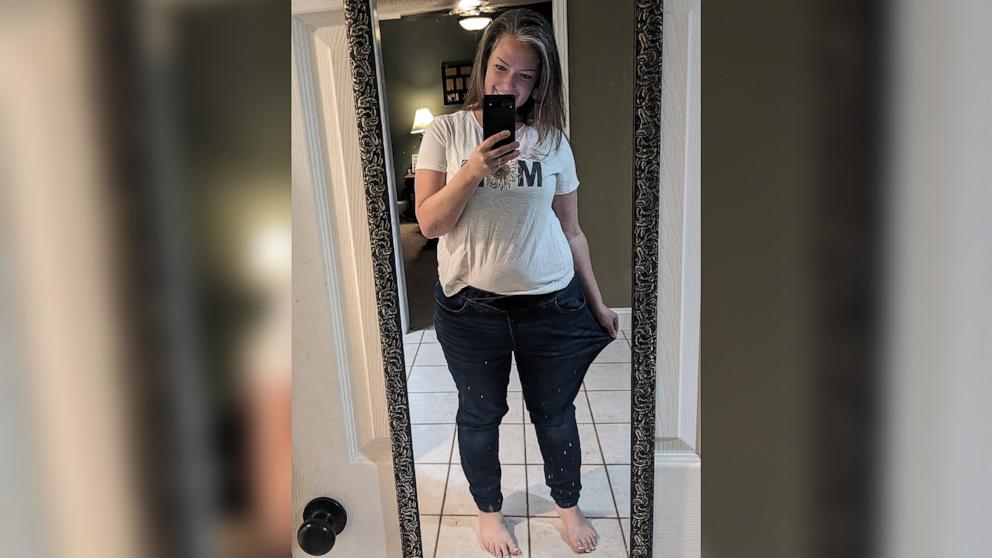Brooke Nelson opened up about her struggle with weight, revealing that she weighed over 200 pounds and was finding it tough to shed the extra pounds. However, she made a life-changing decision to participate in a clinical trial for a new, less invasive weight loss procedure.
After just six months post-procedure, Nelson saw a significant transformation. She shed over 20 pounds and noticed a shift in her relationship with food. According to her, the constant urge to eat had greatly diminished. While she still occasionally craved treats like chocolate chip cookies, she found herself craving healthier options like greens more often.
The procedure Nelson underwent is known as endoscopic ablation, which targets ghrelin, commonly referred to as the “hunger hormone.” Dr. Christopher McGowan, the lead author of the clinical trial, explained that the procedure involves inserting a camera into the stomach while administering fluids to protect the stomach tissue. Then, a small device is used to burn the lining of the upper stomach, where ghrelin is produced.
Ghrelin plays a crucial role in signaling hunger to the brain, regulating insulin secretion, and influencing fat storage. McGowan, who specializes in obesity medicine and gastroenterology, emphasized that the clinical trial has demonstrated sustained weight loss and reduced appetite among participants.
He noted that even a year after the procedure, patients continue to experience decreased hunger and improved control over eating habits. On average, participants in the trial lost around 7% of their overall weight.
One notable advantage of endoscopic ablation is its minimally invasive nature. Unlike traditional bariatric surgery, which involves significant alterations to the digestive system, this procedure offers a less intrusive option for individuals struggling with obesity.
In essence, this innovative approach offers hope for those seeking effective weight loss solutions that are both safe and less invasive than traditional surgical methods.















































